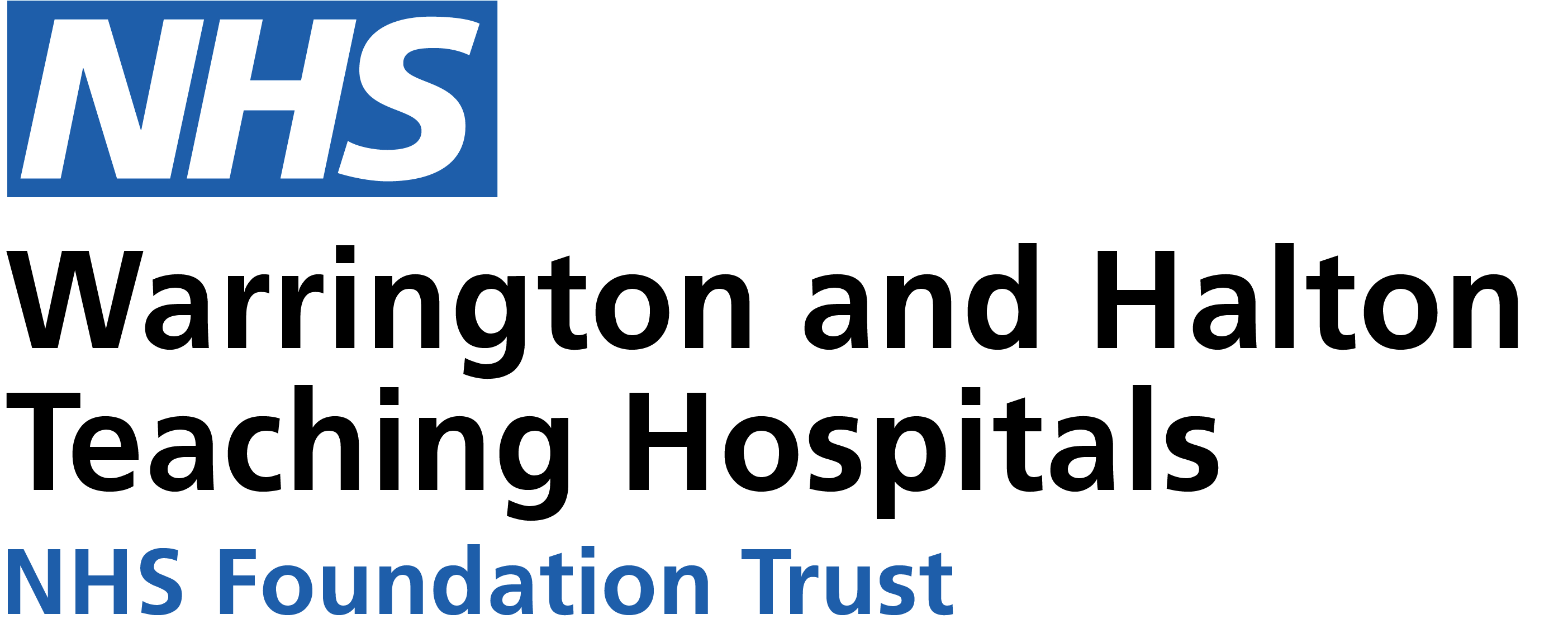Bacteria are a part of everyday life. Many bacteria live in and on our bodies without causing harm and some even help us to stay healthy. A small portion of bacteria are known to cause infections and some are more often associated with hospitals.
We understand some people may be concerned about infection risks when admitted to hospital but we do all we can to minimise the risks of hospital associated infections.
Methicillin-resistant staphylococcus aureus (MRSA)
MRSA is a type of bacteria that usually lives on the skin (this is called colonisation) in approximately 3% of the adult population. If it gets into the body it can cause serious infections that need treatment with antibiotics. More serious infections may need to be treated with antibiotics given by a drip.
Patients being admitted to hospital for most types of surgery or as an emergency are screened (using swabs in the nose and groin area) to test for MRSA. If MRSA is present, you will be prescribed a skin wash and nasal cream to treat the colonisation. It may be necessary to care for you in an isolation room.
Further information is available at MRSA - NHS (www.nhs.uk)
Clostridioides difficile (C. diff)
C. diff is a ‘normal’ gut bacteria in approximately 3% of the healthy adult population. It can also be found in children under the age of two years but rarely causes a problem. C. diff can cause illness when certain antibiotics disturb the balance of ‘normal’ bacteria in the gut.
If you are diagnosed with C. diff infection you will be cared for in a single room or a bay with other patients who have this infection. C. diff is treated with a different type of antibiotic. The area will be cleaned with disinfectants to reduce the risk of the infection spreading.
Alcohol based hand sanitisers are not effective against C. diff and hands must be washed with soap and water.
Following discharge from hospital, should you develop diarrhoea which concerns you, please contact your GP for advice.
Further information is available at Clostridium difficile (C. diff) - NHS (www.nhs.uk)
Carbapenemase producing Enterobacteriaceae (CPE)
In recent years, some common bacteria have developed resistance to antibiotics. A group of bacteria causing concerns are Carbapenemase producing Enterobacteriaceae or CPE. These bacteria have an ability to stop antibiotics working effectively and leave limited options for antibiotic treatment.
We are taking steps to identify patients who may carry these bacteria by screening patients who have had:
- an overnight stay in another hospital within the past 12 months (within the UK and abroad)
- contact with a case of CPE in the past
If CPE is identified from the screening samples you will be cared for in a single room and staff may wear additional personal protective equipment when providing care.
For more information visit actions to contain carbapenemase-producing Enterobacterales (publishing.service.gov.uk)
